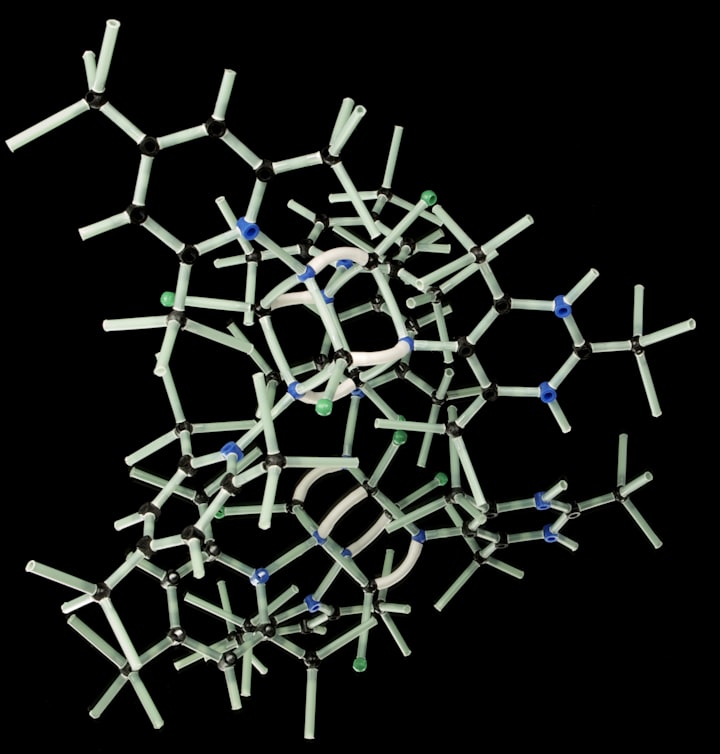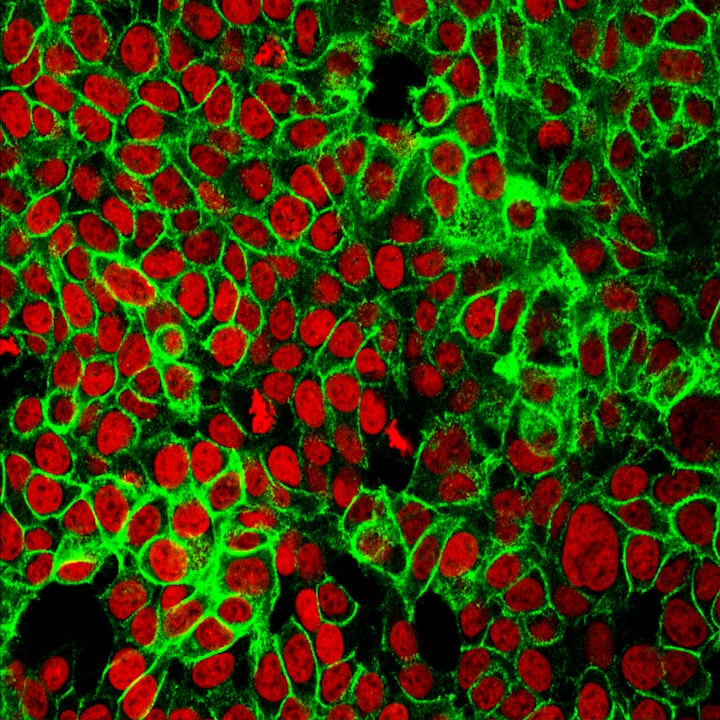Why Do We Exhale Carbon Dioxide?
Understand the respiration process and glucose metabolism in cellular respiration.

When we breathe in, we take in oxygen (O2), and when we breathe out, we exhale carbon dioxide (CO2).
This may raise the question, where does the carbon in the exhaled CO2 come from?
To comprehend this process, we need to delve into the intricacies of human metabolism.
Breaking Down Carbohydrates
The carbohydrates in the food we consume are long chains of sugars that our bodies break down into simple sugars, such as glucose, through a process called metabolism.
The chemical formula for glucose is C6H12O6.
The Metabolic Equation
In a nutshell, the metabolism of glucose can be summed up as follows
C6H12O6 + 6O2 = 6 H20 + 6 CO2 + usable energy. In this equation, sugar reacts with oxygen to produce water, carbon dioxide, and usable energy.
Unveiling the Source of Carbon
The carbon in the exhaled CO2 comes from the breakdown of glucose during the process of cellular respiration in the body.
As glucose is metabolized, it combines with oxygen to produce carbon dioxide.
This CO2 is then transported through the bloodstream to the lungs, where it is exhaled during respiration.
The Role of Cellular Respiration
Cellular respiration is a fundamental process that occurs in the cells of living organisms, including humans, to generate energy.
As the glucose molecules are broken down through a series of biochemical reactions, the carbon atoms within the glucose molecule are ultimately transformed into carbon dioxide, which is released as a byproduct when we breathe out.
Implications for Nutrition and Energy Production
Understanding the process of carbon dioxide production in the human body sheds light on the significance of carbohydrates in our diet.
Carbohydrates serve as a vital source of energy, and the breakdown of glucose within our cells enables the generation of usable energy in the form of adenosine triphosphate (ATP).
The interconnected nature of metabolic processes in the body is a testament to the remarkable complexity of human biology.






